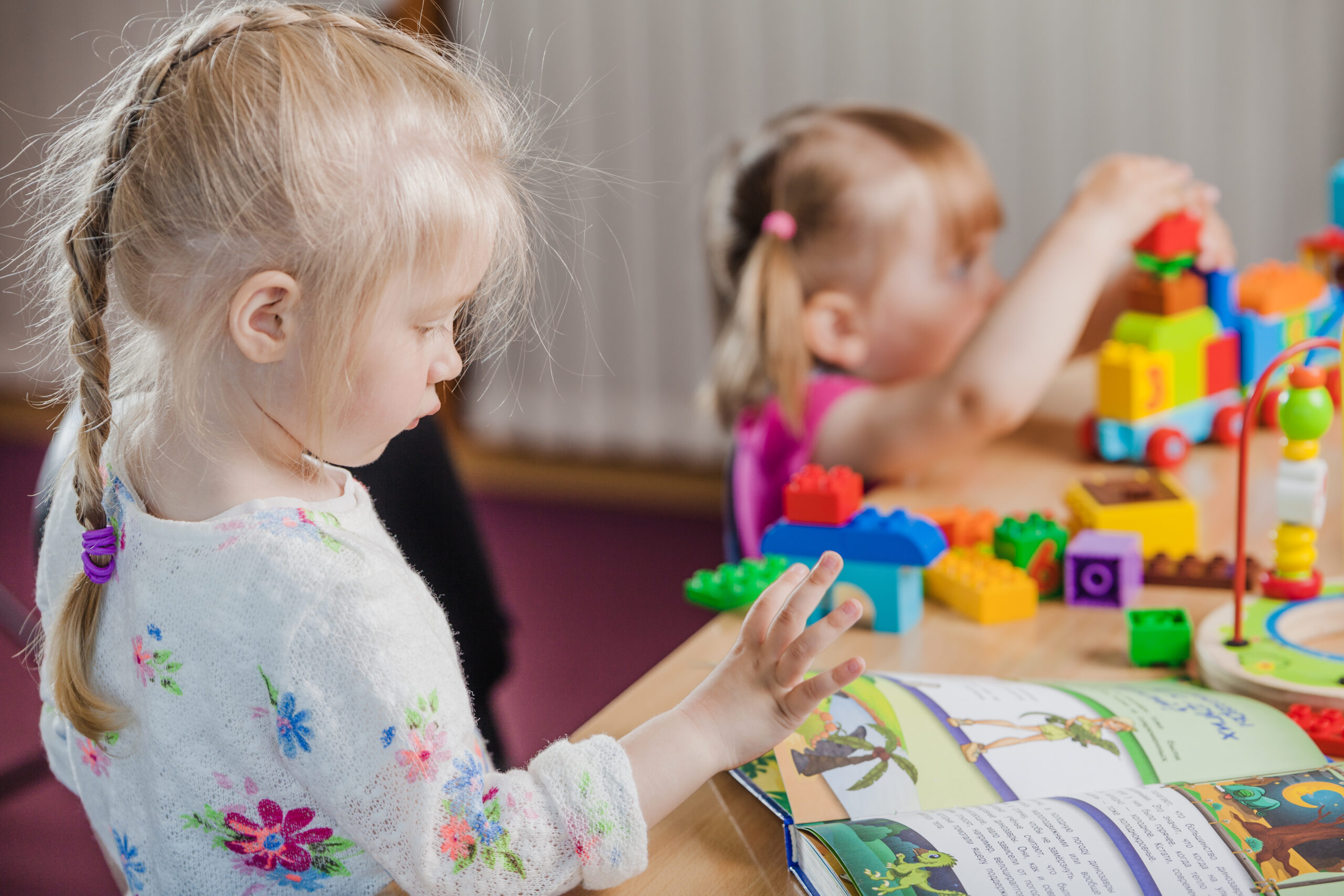Modern early education encourages children to explore, question, and think independently. Instead of focusing only on memorization, effective preschool programs emphasize curiosity as the foundation for lifelong learning. Inquiry-based education supports this vision by transforming children into active participants who investigate the world with genuine wonder.
Understanding Inquiry-Based Learning in Early Childhood
Parents who plan to find a preschool in Doral often encounter programs describing their approach as “inquiry-based.” This method centers on guiding children through exploration rather than direct instruction. Teachers present meaningful questions or real-world challenges that encourage students to observe, predict, and test their ideas.
Inquiry-based learning invites children to think critically while engaging their senses. When children explore how plants grow, build simple machines, or study weather patterns, they connect classroom concepts to the world around them. This approach fosters creative thinking and cultivates a sense of independence, thereby supporting confidence in future learning endeavors.
The Role of Curiosity in Building Creativity
Curiosity is a natural motivator for young minds. Inquiry-based classrooms encourage questions such as “What would happen if…?” or “Why does this work like that?” These open-ended investigations allow children to generate their own solutions. Creativity emerges when they experiment with materials, test outcomes, and reflect on discoveries.
Teachers nurture curiosity by creating environments filled with engaging resources. Sensory tables, art supplies, natural objects, and loose parts inspire imagination while encouraging problem-solving. Instead of offering immediate answers, educators guide children to think further. Asking questions such as “How can we change this?” helps children view challenges as opportunities for exploration and growth.
Collaboration and Communication in Inquiry Projects
Inquiry-based learning naturally promotes teamwork and dialogue. When children work together on investigations, they share ideas, negotiate roles, and exchange perspectives. Collaboration strengthens communication skills and encourages empathy.
In Doral classrooms, group projects often revolve around community-based themes, such as studying transportation or exploring local wildlife. These shared inquiries teach cooperation while reinforcing the importance of listening and respecting others’ contributions. Through group discussion, children learn that creativity thrives in diversity. Every child’s idea becomes a piece of a larger discovery, showing how teamwork fuels innovation.
Developing Problem-Solving and Critical Thinking Skills
Inquiry-based education allows children to approach problems systematically. Rather than memorizing solutions, they observe, test, and revise. This process builds resilience and adaptability, essential qualities for lifelong success.
When students conduct simple experiments or build with recycled materials, they learn through trial and error, reflecting on their experiences as they go. They recognize that mistakes lead to insight, not failure. Teachers who adopt this method model patience and persistence, encouraging children to reconsider and refine their ideas. Over time, learners gain confidence in their ability to analyze challenges independently.
Parents who find a preschool in Doral that supports inquiry learning often notice children becoming more curious and self-assured at home. They ask more questions, explore new interests, and show initiative in daily activities. These behaviors reflect a growing ability to think deeply and creatively.
The Classroom Environment as a Catalyst for Exploration
A well-organized classroom promotes independent discovery. Inquiry-based preschools design spaces that invite children to investigate freely. Materials are accessible, labeled, and thoughtfully arranged to encourage autonomy.
Teachers frequently rotate materials to introduce new challenges and keep curiosity alive. For example, a science corner might transform into a mini weather station or a nature investigation lab. Outdoor play areas also become extensions of the classroom, where children can study ecosystems, observe insects, and experiment with movement and balance.
The goal is to create an atmosphere where learning feels natural and spontaneous. Each area of the classroom serves as a stage for exploration, turning everyday observations into meaningful lessons.
How Teachers Guide Inquiry Without Limiting Imagination
In inquiry-based learning, teachers act as facilitators rather than directors. Their role is to observe children’s interests, introduce thought-provoking prompts, and extend learning through conversation. Instead of providing instructions, they encourage reflection with guiding questions.
This balanced guidance ensures that children maintain ownership of their ideas. Educators document progress through photos, notes, and portfolios, allowing parents to see how each investigation unfolds. Such documentation shows how creativity and reasoning develop over time, revealing patterns in how children learn.
Supporting Inquiry Learning at Home
Parents can extend inquiry-based principles outside the classroom. Simple experiences, such as cooking, gardening, or exploring parks, naturally create opportunities for questioning and discovery. Asking open-ended questions encourages observation and reasoning.
Instead of giving answers, parents can guide exploration with prompts such as “What do you notice?” or “How could we test that idea?” These interactions reinforce critical thinking and creativity in everyday life. Encouraging children to express curiosity keeps learning connected across home and school environments.
Cultivating Lifelong Innovators Through Inquiry
Inquiry-based learning transforms early education into a journey of discovery. When children learn through investigation, they develop curiosity, imagination, and resilience. These qualities form the foundation for innovation in later academic and personal pursuits.
Preschools in Doral that embrace inquiry-centered methods prepare children for a future that values flexibility and problem-solving. Encouraging exploration from an early age teaches children that creativity is not a single skill but a mindset. A way of approaching the world with curiosity and courage. Families who choose this approach equip their children with the tools to grow into thinkers, creators, and compassionate collaborators in an ever-changing world.

